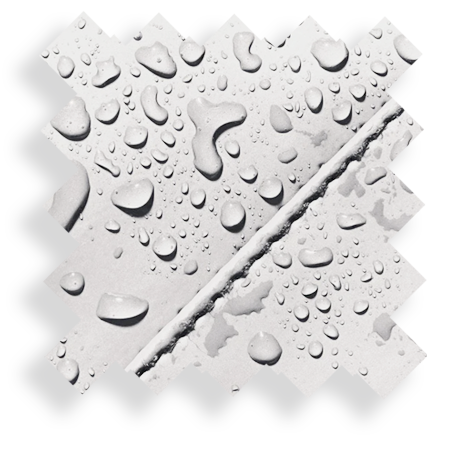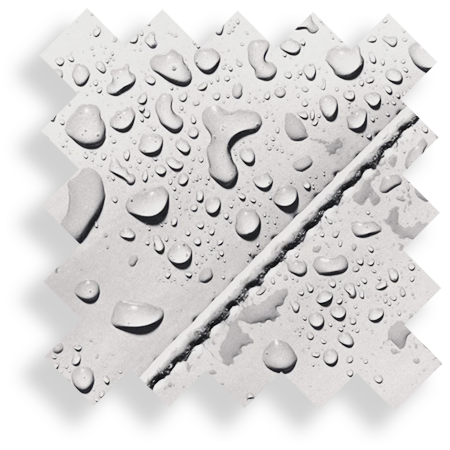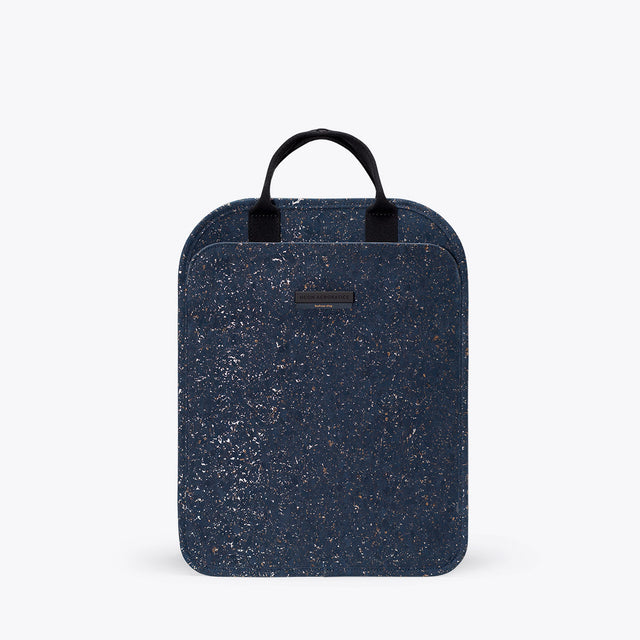
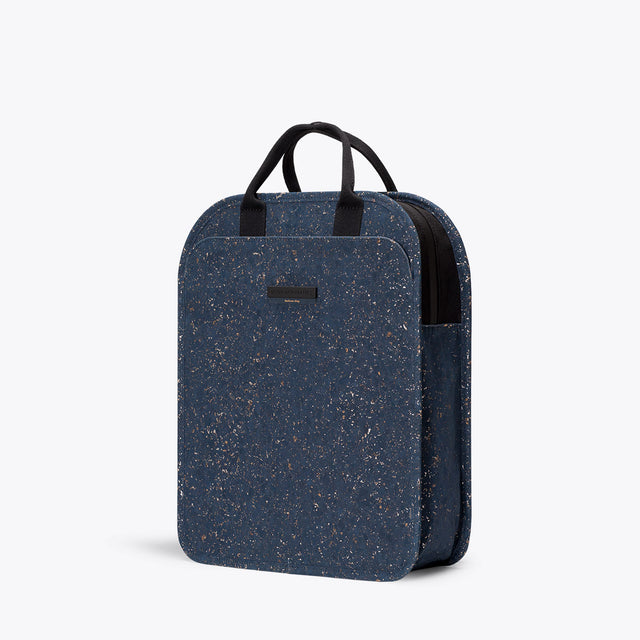
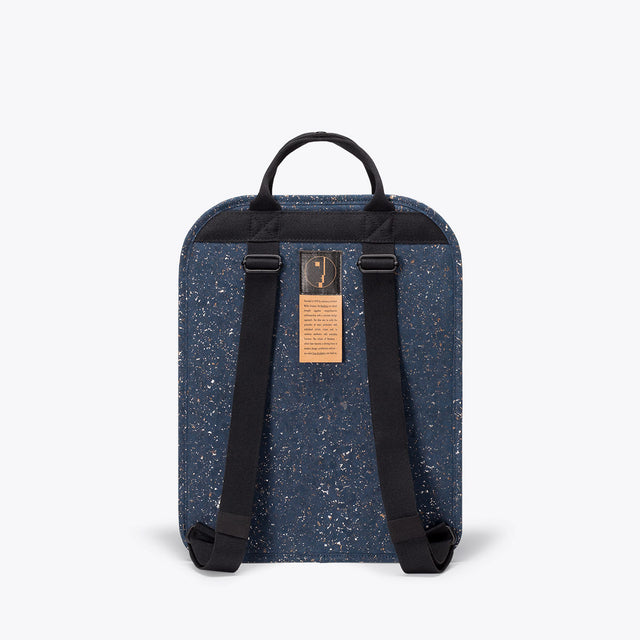
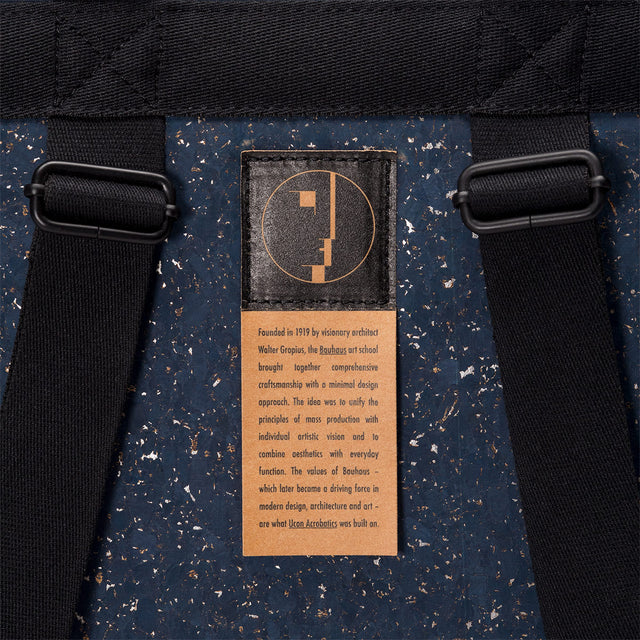
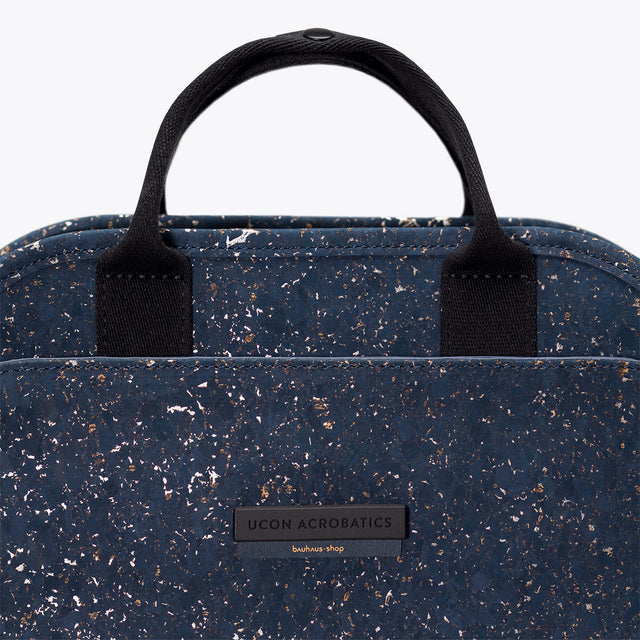
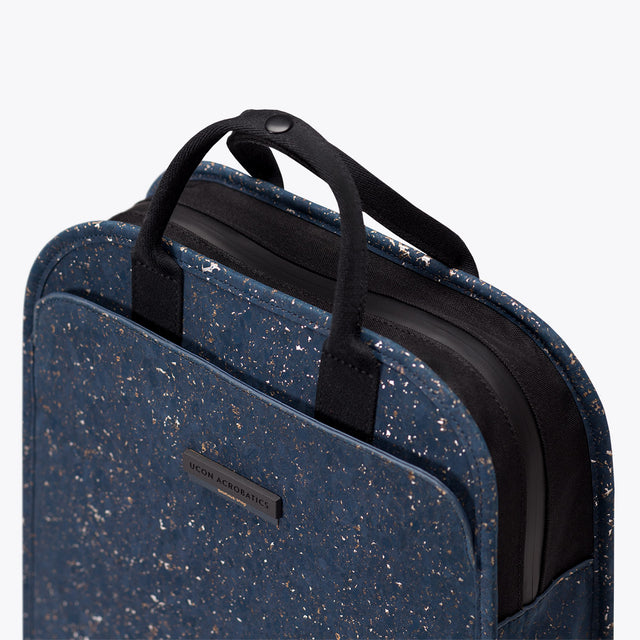
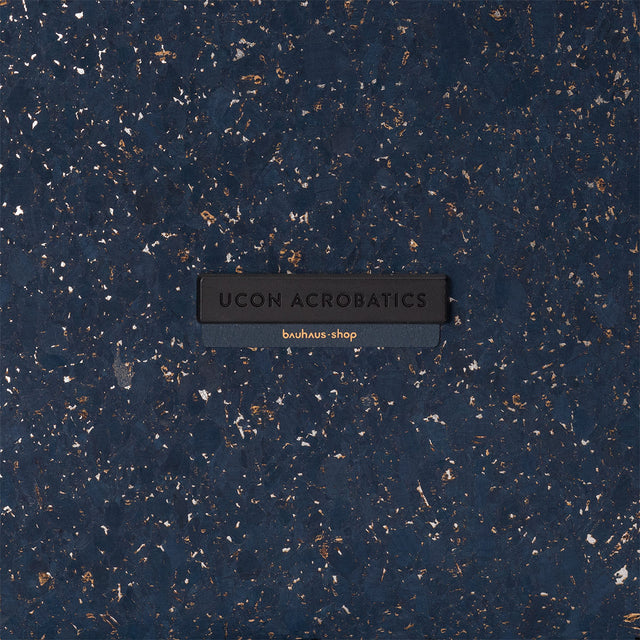
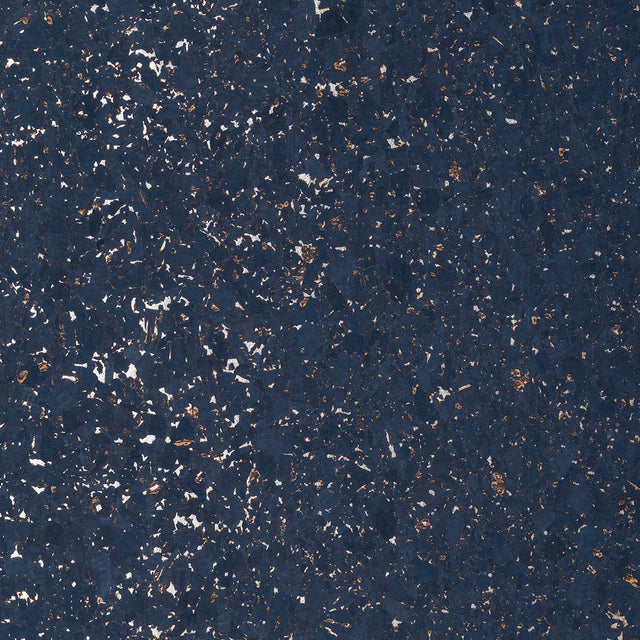
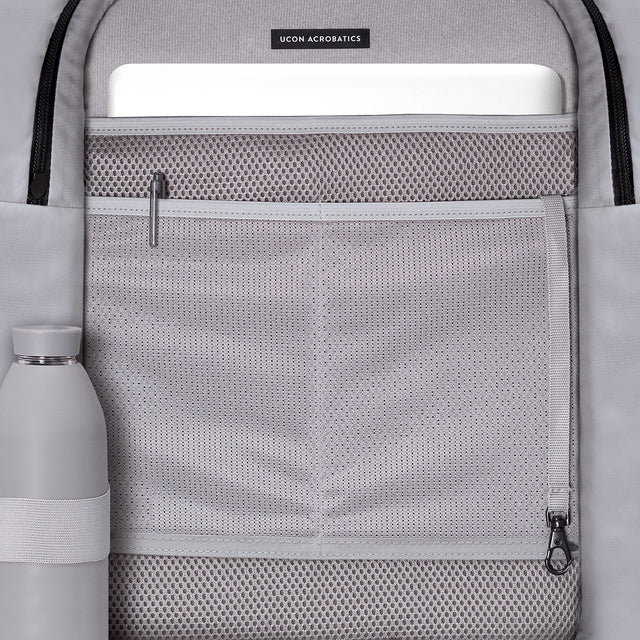
Alison Medium Backpack
Que vous portiez le sac à dos Alison à la main ou sur le dos, que vous y mettiez votre strict nécessaire ou tout ce dont vous avez besoin pour une journée riche en événements, grâce à la double reliure extérieure, Alison ne perdra jamais son équilibre et sera toujours en pleine forme, prêt à faire une déclaration élégante.
- Ready to ship
- Free EU delivery over 150€
- Climate neutral shipping

Bauhaus
- Le compartiment principal se ferme avec une fermeture éclair hydrofuge
- La poche extérieure à l'avant se ferme avec des aimants
- Les bretelles réglables garantissent un ajustement confortable du sac à dos
- Compartiment intérieur adapté à un ordinateur portable ou une tablette de 13 pouces
- Deux poches en filet, par exemple pour téléphone portable, portefeuille ou câble
- Sangle élastique porte-bouteille et dragonne pour clés à l'intérieur
- Dimensions: 38 x 29 x 11 cm
- Hauteur des sangles: 9 cm
- Capacité: 11 l
- Compartiment pour ordinateur portable: 27 x 32 cm
Sustainability is deeply rooted in our company’s DNA. As a value-driven company, we share common convictions and want to lead the circular economy in our field.
Design Principles
Our design developments focus on durability, as bags and backpacks are meant to be used daily and intensively for years. Minimalist design is also timeless and, in the best case, extends the usage period.
We consider the impact of production with every new product and the entire life cycle. We thoroughly research materials, processes and emerging technologies to understand and reduce the environmental footprint of each product. In the shift from a linear to a circular economy, all components must undergo a review based on the following criteria:
- Reduced environmental impact
- Longevity
- Recyclability
Mono-Material Products
A mono-material is only composed of a single type of material, so it is typically easier to recycle than products made from different things. Also, the higher the material purity, the less energy is needed for depolymerization (chemical recycling). Our goal is to create products from 100% recycled mono-materials from our own industry - in our case PET from textile waste. The following two recycling methods are essential to make products from old textiles.
Fiber-to-Fiber Recycling
This method is a closed-loop process in which used textile fibers are transformed into new fibers to create new textile products, reduce waste, and maximize material reuse. The following two recycling processes are particularly important for manufacturing our products from used textiles.
1. Mechanical Recycling
We use this textile recycling process for industrial textile waste (Pre-consumer). These leftovers from fabric production are mechanically recycled with little energy input. The resulting fibers are shortened, which is why we use them to produce different types of felt. This can be used in soft form as an inner lining or stiff form instead of hard plastic for reinforcement.
2. Depolymerization
We use this textile recycling process for end consumers’ textile waste (Post-consumer). This is mainly workwear, which also contains a high proportion of polyester. These synthetic fibers are broken down into their original chemical building blocks and used to make new synthetic fibers. Often called chemical recycling, our process is based on saccharification, fermentation and alcoholysis. This process requires more energy and chemicals as mechanical recycling but produces higher-quality recycled fibers for new textiles.
Fiber-to-Filler Recycling
This method is an open-loop process that uses textile waste from the fashion industry with a high polyester content already dyed. These are mainly scraps from sewing factories, downcycled into thick felt elements with little effort and used in invisible areas of the backpack. Such mixed textiles are hard to recycle and often end up in landfills or get burned.
Dope Dye
Dope dyeing is a process that adds color to fibers before they are spun into yarn. The savings are enormous - water consumption is reduced by up to -90%, chemical consumption by up to -80%, energy consumption and CO2e emissions by up to -50%. UV stability is also significantly better, as is color fastness to rubbing.
- Fabriqué en Chine par des usines régulièrement auditées par amfori BSCI
- Le partenariat avec Bluesign® garantit l'évitement de produits chimiques nocifs lors de la production
Enjoy free shipping on all orders over 150€ within the EU. Incoming orders are processed within 24 hours on weekdays and will be dispatched immediately. Our standard shipping within the EU takes a total of 2 to 6 working days, outside the EU shipping takes 8 to 12 working days. When things need to go fast, we also offer an Express option. We ship our parcels with the tariffs 'DHL GoGreen Plus' and 'UPS carbon neutral'. The delivery companies promise to invest in new e-delivery vehicles and compensate the remaining emissions through climate protection projects...
We currently accept payments by Credit Card (Visa, Master Card and Amex), PayPal or Apple Pay.
Sustainable Partners
Nos prix
S'abonner à la newsletter
Soyez le premier à connaître les nouvelles collections et les offres exclusives.
